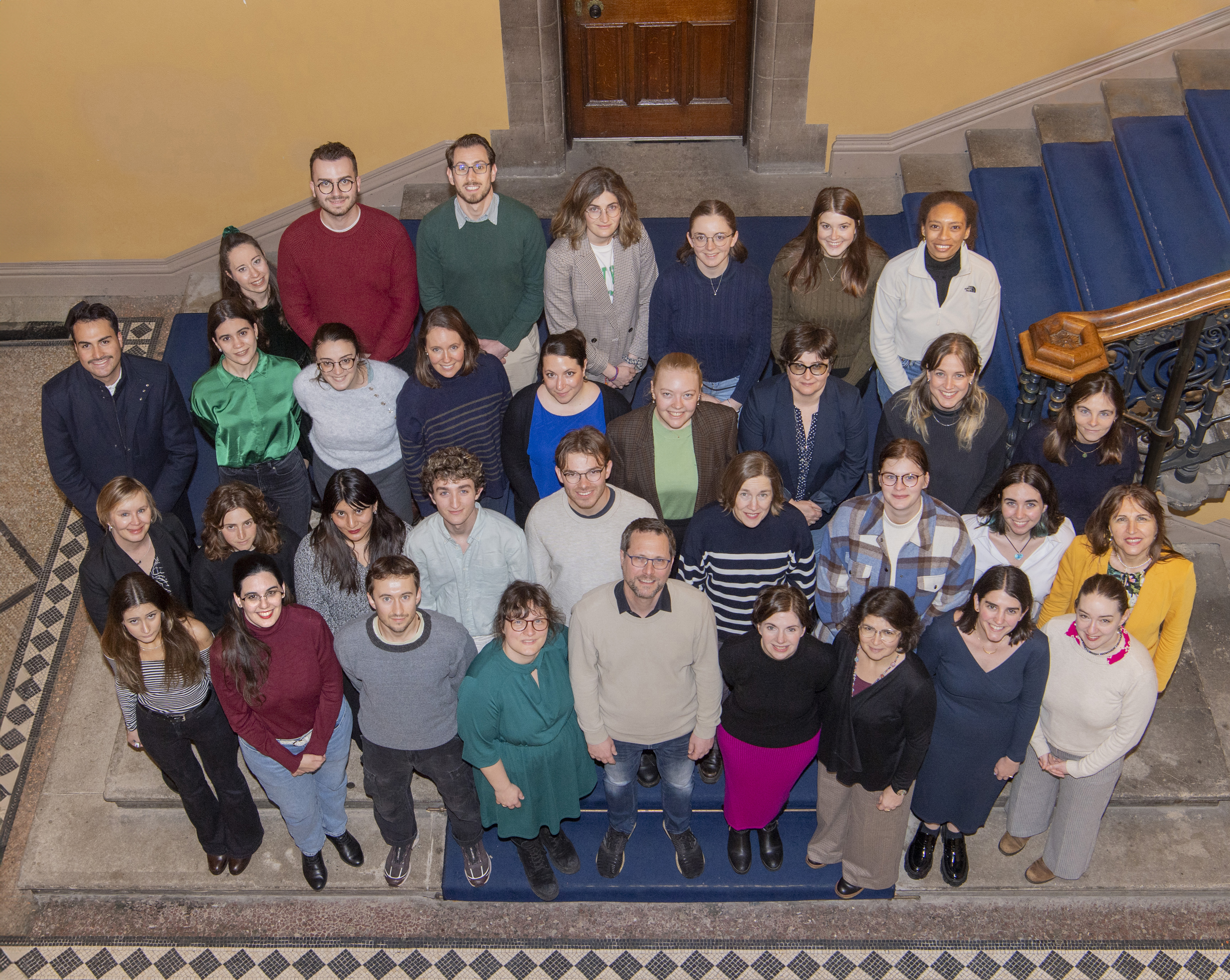
From March 24th to 28th, the University of Glasgow warmly welcomed staff and student representatives from the CIVIS Alliance. In a beautifully rainy Glasgow, over 30 participants engaged in the collaborative formulation of a framework for CIVIS student-led projects.
This was made possible thanks to the very dynamic sessions in the context of the CIVIS Staff and Students's Week: Designing a Framework for Student-led Projects hosted by the wonderful UofG team, aimed at inspiring attendees to conceive projects that are relevant, interdisciplinary, transdisciplinary, solution-oriented and challenged-driven, explained Marie Ugeux, CIVIS Project Development officer at the Université libre de Bruxelles.
“It was such a breath of fresh air to be surrounded by people who not only have similar ambitions, but more importantly, the same vision for the world!”, said Amandine Peeters, Bachelor Student at Stockholm University & Paris Lodron Universität Salzburg.
We discussed ways to engage more students in CIVIS with their own ideas and to encourage a civic identity in our communities. Being in a space where my voice and ideas mattered was so fulfilling and reminded me of how important it is for me to have a positive impact on the world. I hope that I can take this feeling with me to places where there may not be a space for my ideas yet, but where I can create the space for them”, Peeters added.
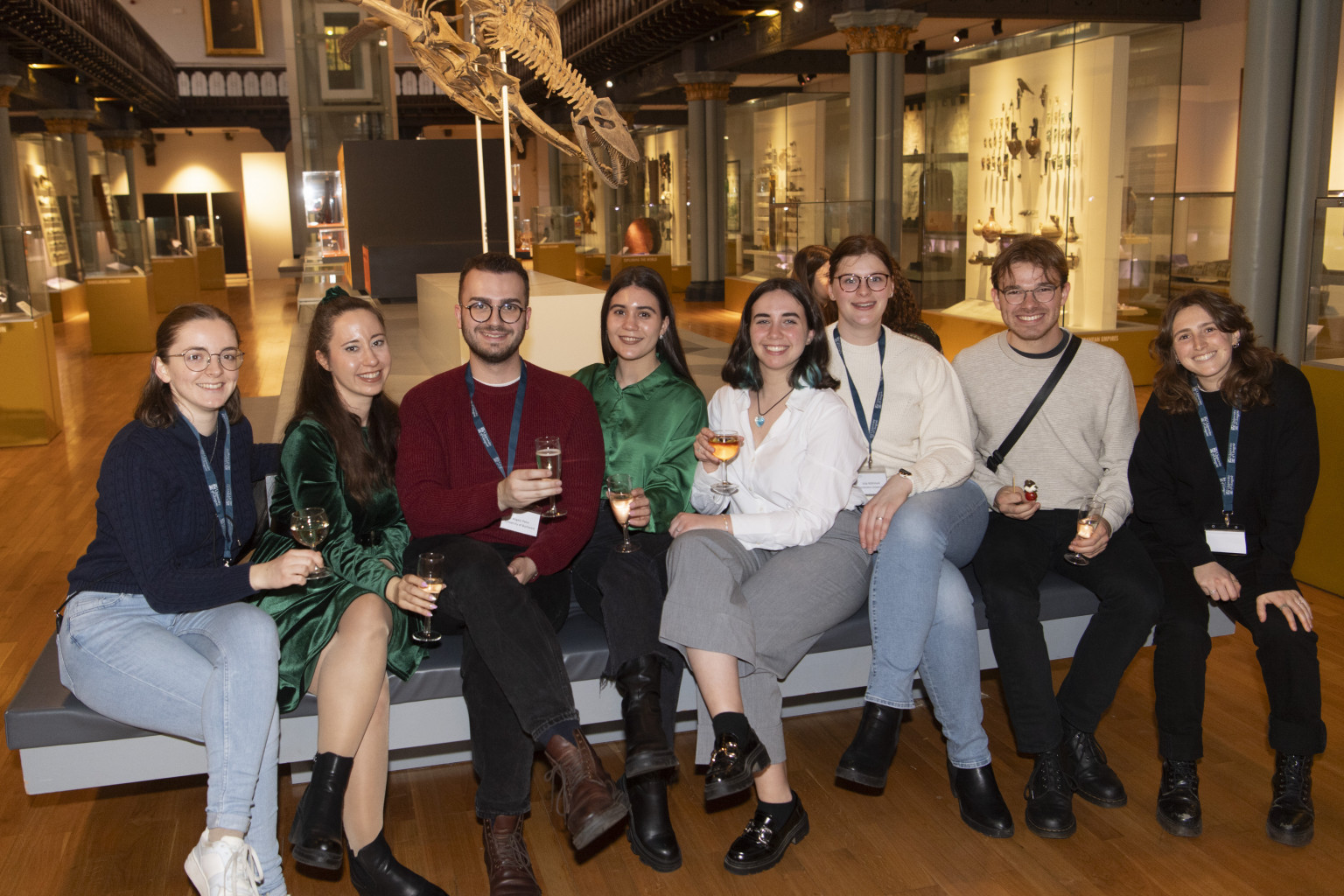
For CIVIS’ Head of Mobility, Lars Banzhaf, the organising CIVIS team in Glasgow, together with the representatives from Tübingen, Aix-Marseille and Bucharest have given great insights in how student initiatives, civic engagement, Open Labs and student representation work at different universities, but primarily at Glasgow University. “This was wonderful food for thought for the following workshops”, he said.
A collaborative approach for student-led projects
For four days, representatives from the 11 member universities of the CIVIS Alliance converged to define a common understanding of student-led projects. Together, they explored potential initiatives and actions aimed at smoothing processes while addressing potential challenges and responding to emerging questions. They agreed on shared goals, issues, and values to integrate into student projects but also identified potential projects to further implement in the coming months.
The four-day intensive sessions strengthened the bond among staff and student representatives, laying the ground for a robust foundation for student-led projects and offering valuable recommendations for their continued design and implementation.
During this week, we participated in seminars, workshops, and discussions, and we met local actors, government representatives, academics, and students working on promoting exchanges, multiculturalism, and civic engagement. It was an honour to attend this inspiring and interesting gathering!”, said Aitana Ralda Corfas, CIVIS ambassador at the Université de Lausanne.
Inspiring sessions for CIVIS students and staff
Participants dived into in a wide range of session to learn about university practices, including insights into the University of Glasgow student council, illustrations of civic engagement from the University of Tubingen, student-led courses on humanity and nature at the University of Stockholm, community collaborative projects addressing climate change in Glasgow, and best practices from the open lab at the University of Bucharest, among others.
Along with students, academics and CIVIS representatives from all over Europe, a framework for future student participation aiming at civic engagement was established for CIVIS. I am deeply grateful for the opportunity I had and for all that I have learned throughout this engaging week at the University of Glasgow!”, said Leonie Charlotte Röthler, CIVIS Ambassador der Paris Lodron Universität Salzburg.
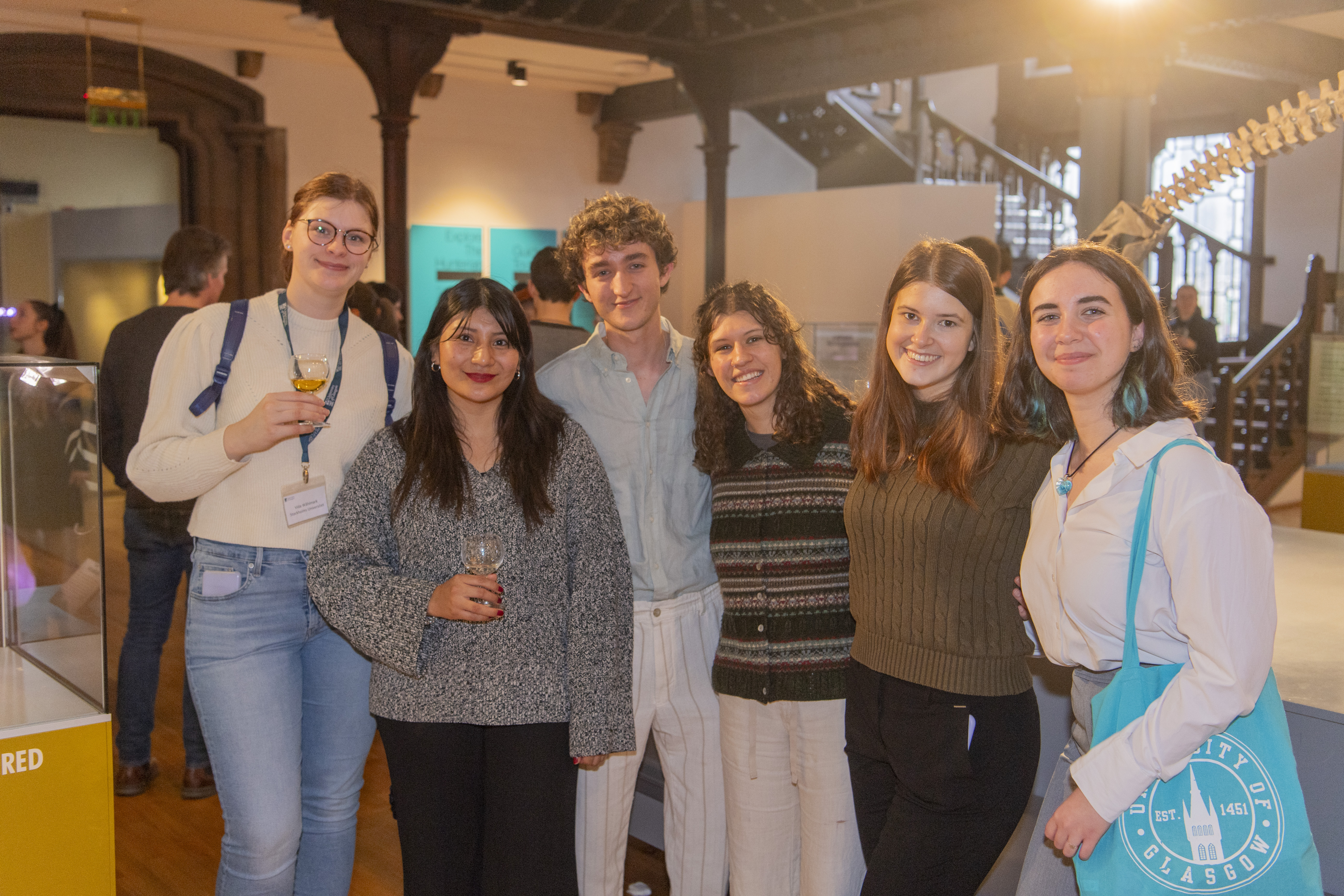
For Andrés García Hernando, delegate from the Universidad Autónoma de Madrid, the experienced allowed him to work “to establish a framework for future student project proposals oriented in civic engagement… Thanks to this international week I learned how important it is to understand each other across all disciplines and the commitment to work together with professors and students to develop civic activities that give better results to shared social problems both locally and globally”.
Empowering CIVIS students to lead
There is a clear wish for agency from students to contribute to CIVIS and its objectives and for designing their own projects, and at the same time, a clear wish for empowerment and assistance to develop and realise projects, said Lars Banzhaf, who believes both messages must be heard and taken into account while defining the framework for student led projects within CIVIS.
This week has brought new life and dynamic into student led activities and now it is up to the CIVIS bodies to facilitate the procedure quickly to bring those ideas to life. Both in a short-term perspective for those students who are about to graduate soon, and in a long-term perspective for bigger projects to come”, he concluded.
Behind the scenes of the UofG Student and Staff week
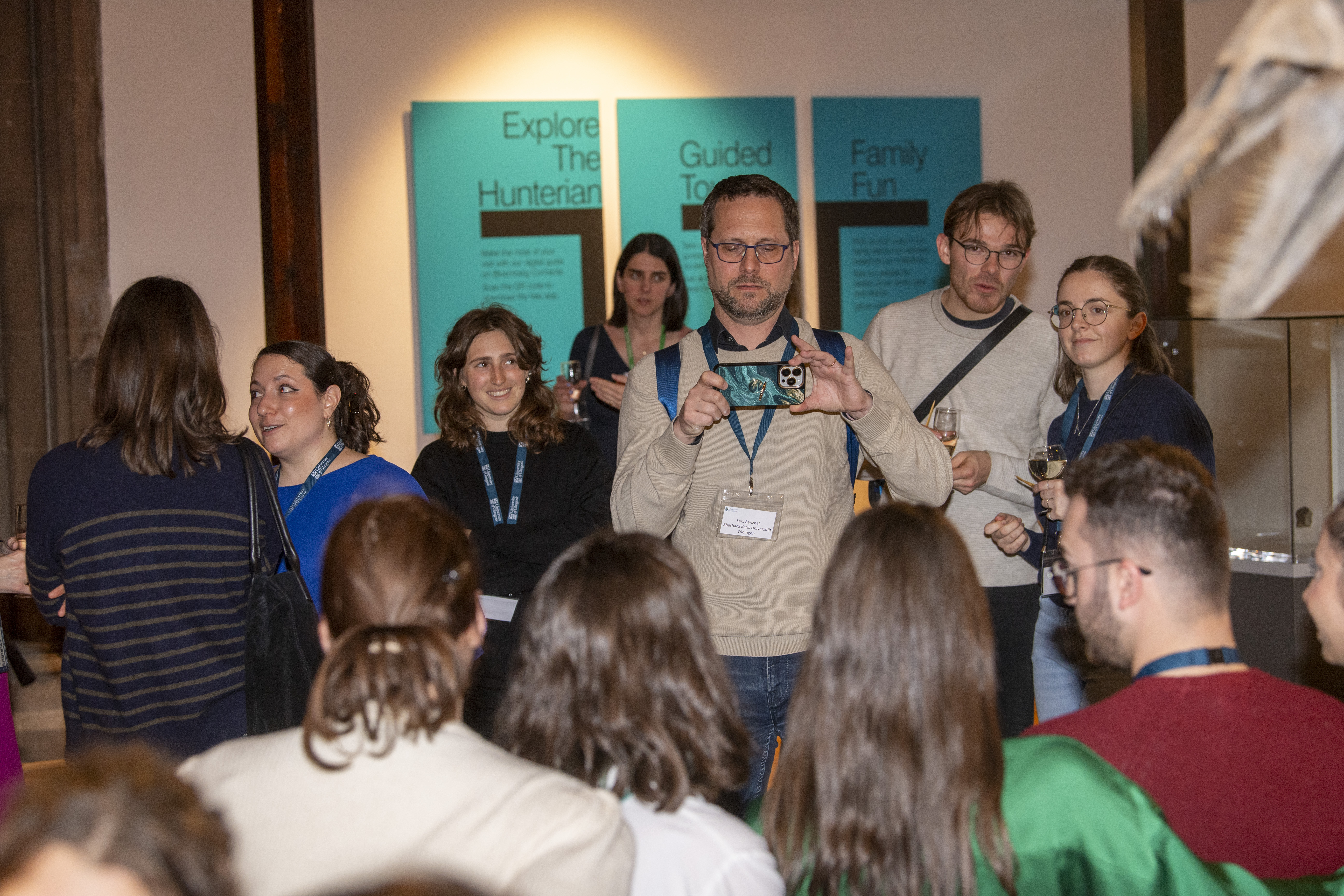
Last October, the University of Glasgow (UofG) applied for funding to the Scottish Educational Exchange Programme (SEEP) pilot scheme which was recently created as a new instrument for international collaboration to enable unique and transformative opportunities for staff and students. SEEP comes in addition to the Turing mobility scheme.
Building on discussions and workshops of the CIVIS Days event organised by the University of Tübingen (UT) in May 2023, UofG put forward the project of a CIVIS Staff and Student week event, dedicated to designing a framework for Student-led projects within the Alliance. This was one of the few projects selected for the SEEP pilot scheme, further adding to the value of UofG’s membership in CIVIS.
With a tight deadline to deliver such an exciting project before the end of March, the UofG CIVIS team teamed up with that of UT's to co-create and deliver a programme that would present various elements to be considered in the setup of such a framework, from the pertinence of student-led projects within the academic framework to the practicalities of delivering projects with successive cohorts of students.
We were fortunate to secure captivating speakers across CIVIS institutions as well as passionate workshop leaders, who have laid out inspiring case studies, presented personal experiences, and delivered thought-provoking sessions. We could not have asked for a more engaged audience composed of students, academic staff and professional staff, who actively participated in discussions, proposed ideas, and eventually made very concrete proposals on which to build the CIVIS framework for student-led projects”, said the University of Glasgow organising team.
High-level participation
As part of the week, the City of Glasgow hosted their CIVIS guests and the UofG CIVIS community for an evening at the City Chambers. This civic reception, attended by the Scottish Minister for Higher and Further Education, Graeme Dey, not only recognises the University’s strong civic links to the City of Glasgow and the communities it serves, but also the benefits of the University’s international outlook and connectivity through the CIVIS Alliance and, conversely, highlights the importance of the CIVIS Alliance and the strong European network the Alliance provides for all of the CIVIS universities.
“We were fortunate to have government officials and senior representatives from UofG supporting these efforts, such as Graeme Dey, Minister for Higher and Further Education on behalf of the Scottish Government and Rachel Sandison, Deputy Vice-Chancellor, on behalf of the University of Glasgow. I am deeply grateful to have been part of this and for all that I have learned thanks to this university collaboration at the European level”, said Andrés García Hernando.
Written with the collaboration of Marie Ugeux (ULB) and the UofG coordination team.
Related news
-
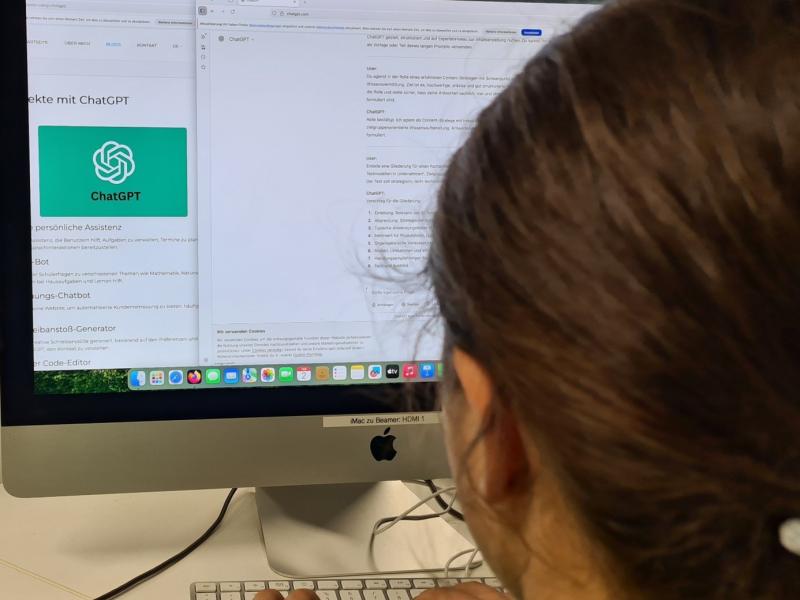
Generative AI, a normal and familiar part of Austrian teenagers everyday lives
CIVIS Highlights
23 February 2026 -
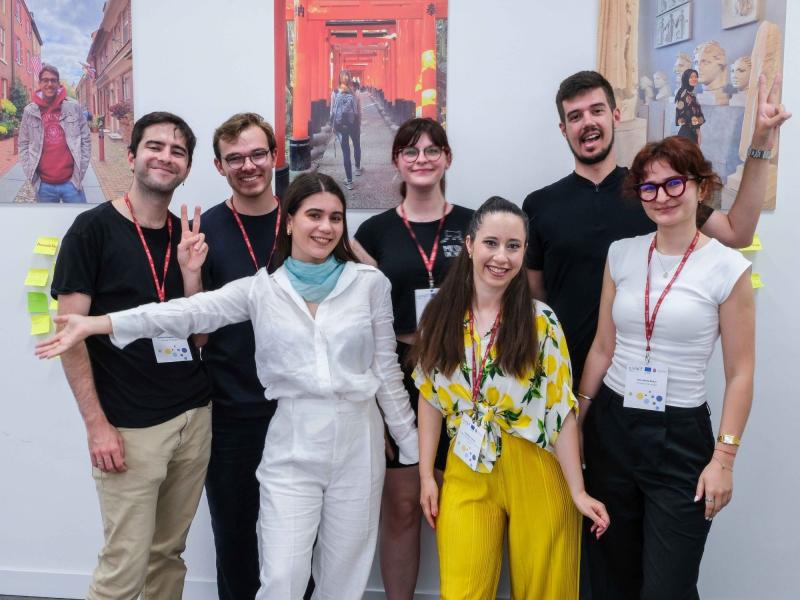
CIVIS Creathon 2025: when students rethink tourism
Learn
23 February 2026 -
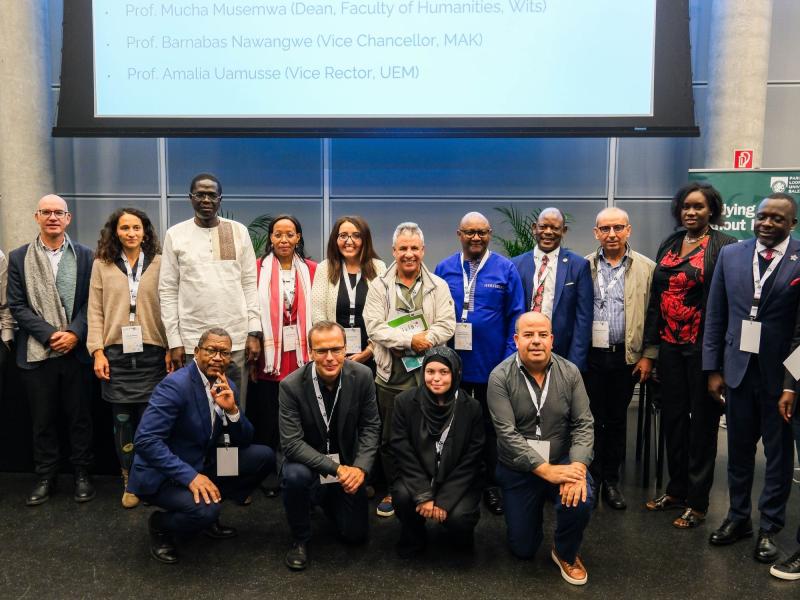
Countdown begins for CIVIS First African–European Forum for Research and Education in Casablanca
Research
16 February 2026